
image courtesy: lvmh.com
“Good resilience” is LVMH’s description of its Q1 2025 results which saw revenues decline 3% on an organic basis (2% on a reported basis due to a +1% currency impact) to €20,311 billion as compared to Q1 2024. Its largest business group, Fashion and Leather Goods, which includes Louis Vuitton and Dior, among many others, saw its revenues drop 5% on an organic basis. As described by LVMH,
“In a disrupted geopolitical and economic environment, LVMH remains both vigilant and confident at the start of the year.”
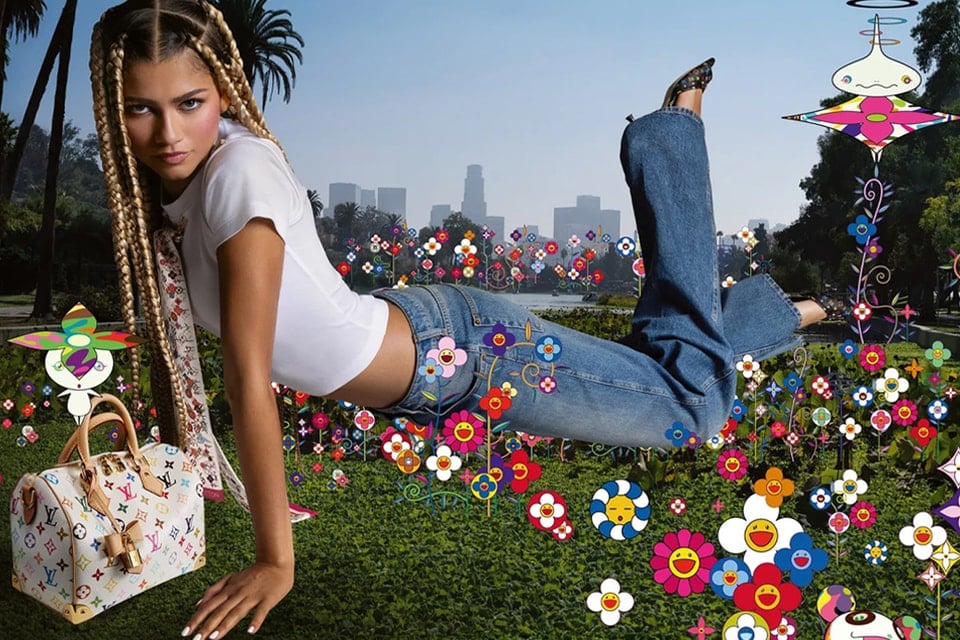
During the Q&A portion of LVMH’s presentation, tariffs were repeatedly discussed, with the Chief Financial Officer Cécile Cabanis at one point noting how nearly every half hour something is changing. For anyone wondering whether LVMH would pass on tariff impact to consumers abroad (like in the US), keep wondering. Cabanis suggested staying calm as much is not under their control. Regarding moving additional production to the United States, it appears there are no imminent plans, as Cabinis said it is not something that can be done overnight.
Despite the Q1 revenue decline in the Fashion & Leather Goods Group, LVMH pointed to its “good resilience” boosted by strong purchasing growth in Japan. Although LVMH does not break down results by brand, Cabanis said that Louis Vuitton performed better than average, Dior performed slightly below average, and Loro Piana sales were “good.”
LVMH referenced many of its other brands being in transition – with new designers. Although asked, Cabanis would not comment on Jonathan Anderson’s future after his recent departure from Loewe, despite rumors that he will be heading to Dior.
Regarding the current Louis Vuitton x Takashi Murakami collaboration, LVMH called it a success, referring to the selling out of products but noted it did not have a major part in revenues as it was a limited grouping. The upcoming drops are also small.
Lastly, no word on price increases. Cabanis says prices are not the growth driver; volume and mix are, and they were down slightly this quarter. On the other hand, she acknowledged that price can be used to upset inflation.

Watches & Jewelry had the best results in Q1, flat on an organic basis (+1% as reported). Perfumes & Cosmetics and Selective Retailing (e.g. Sephora, DFS) declined 1% on an organic basis (flat as reported). And, Wines & Spirits continue to struggle, down 9% on an organic basis.

Geographically, Europe fared the best, with revenues up 2%. For Japan and the United States, revenues declined 1% and 3% respectively. Revenues in China dropped 11%. These results slightly altered the geographic revenue mix, with Asia (excluding Japan) representing 30% of revenues (versus 33% a year ago).
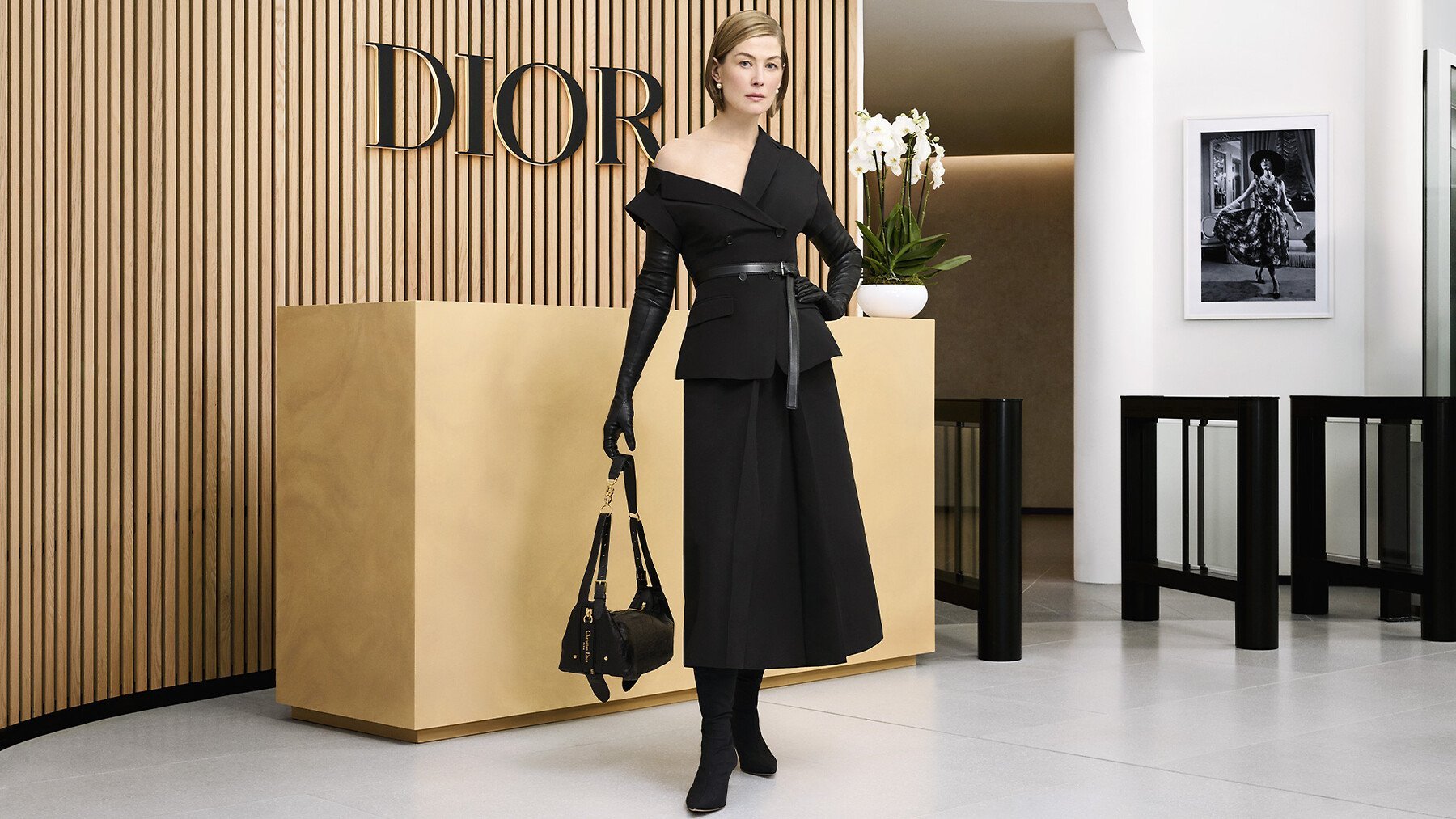
What the future will bring, remains to be seen. Tariff increases or not. Price increases or not. And how, if at all, will any of this affect demand and revenue? Stay tuned.
Updated: April 14th, 2025




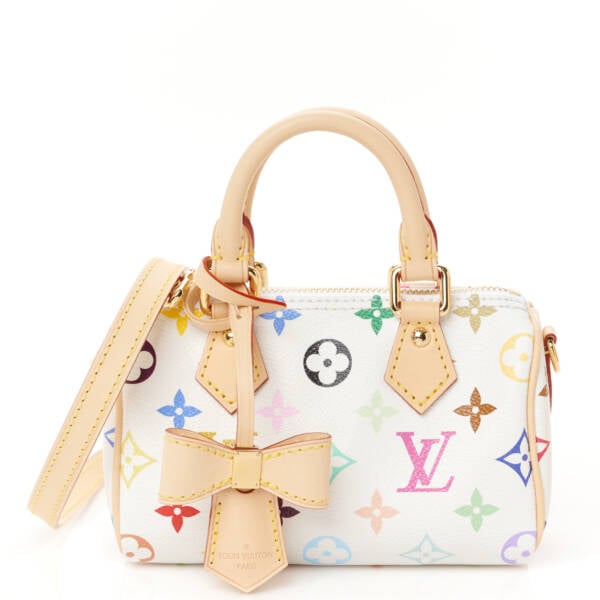
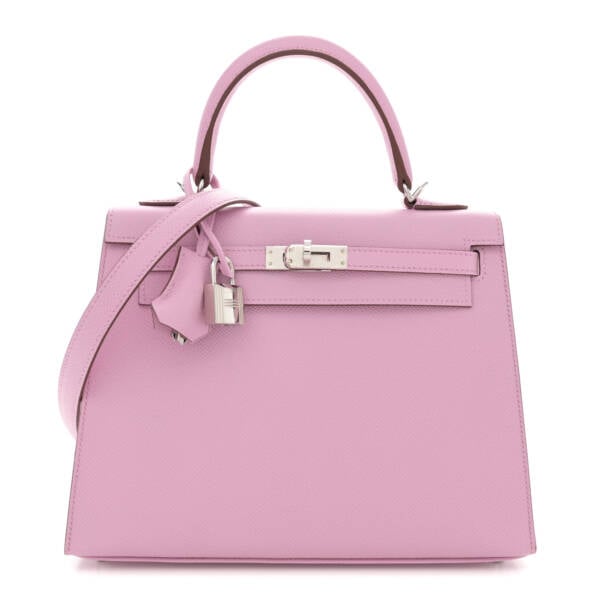
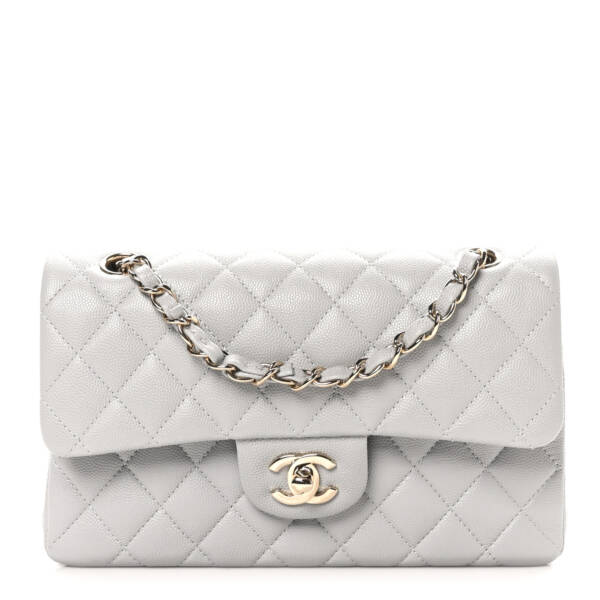
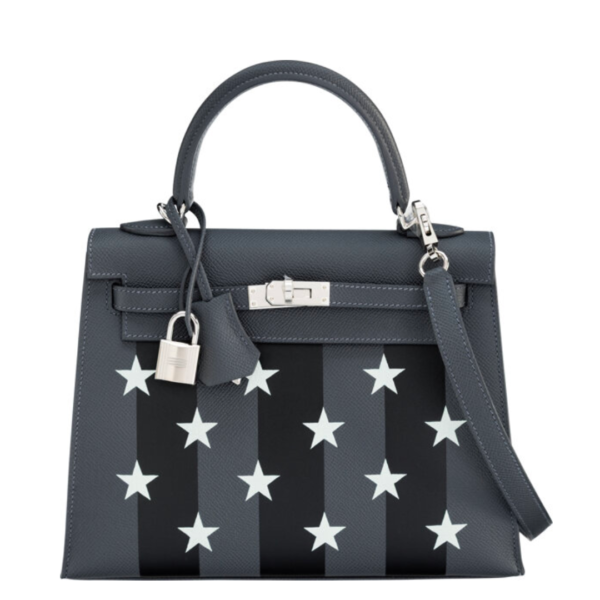


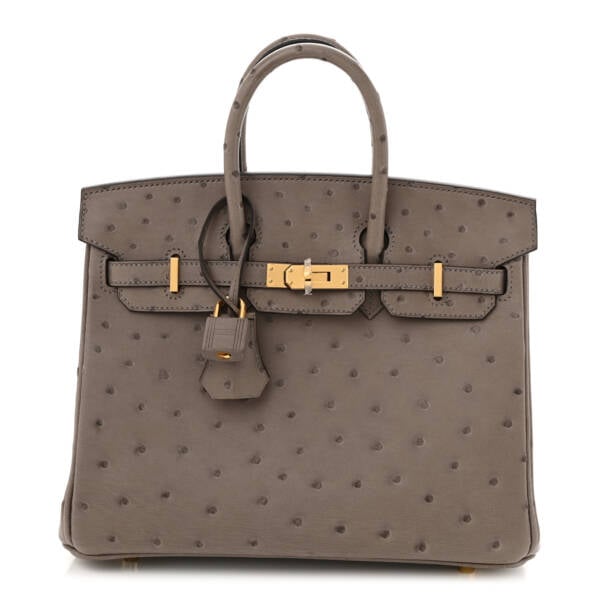
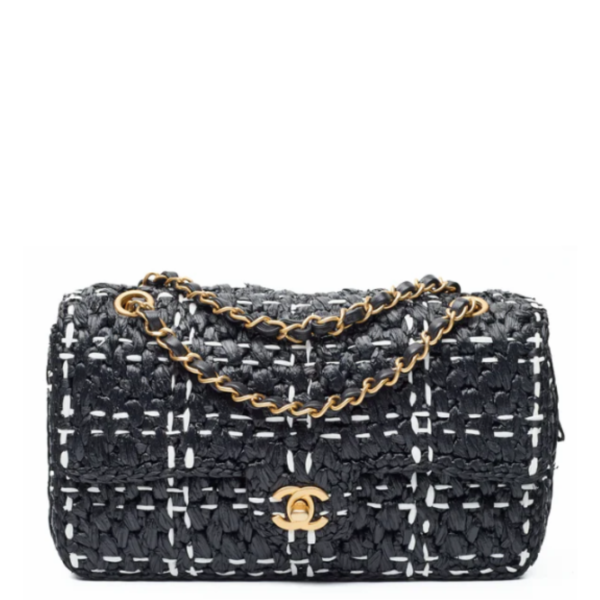
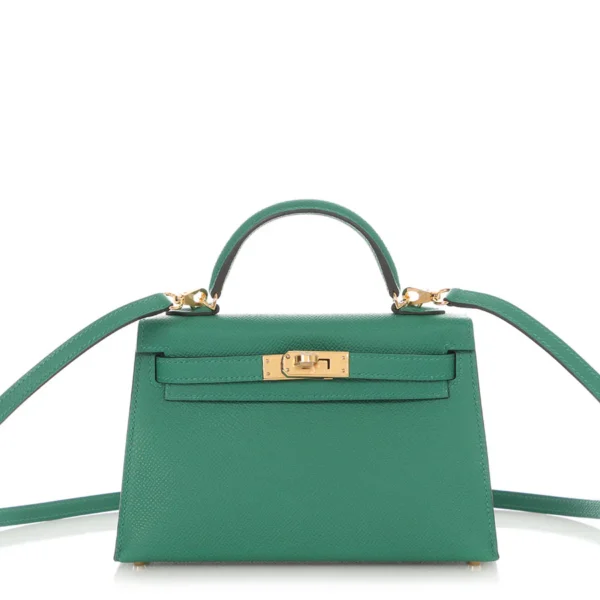
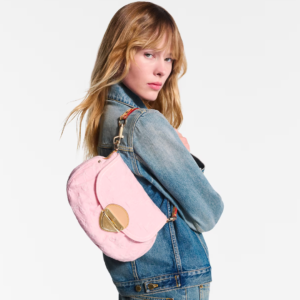
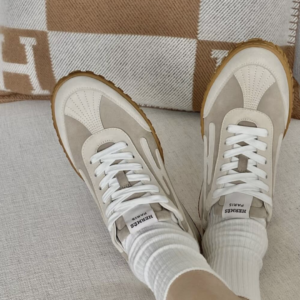


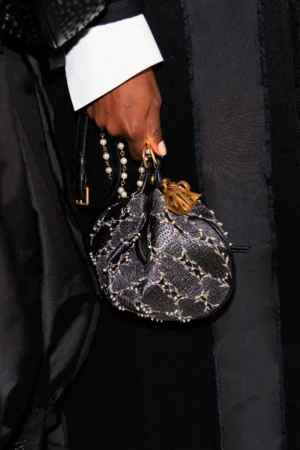




Comments